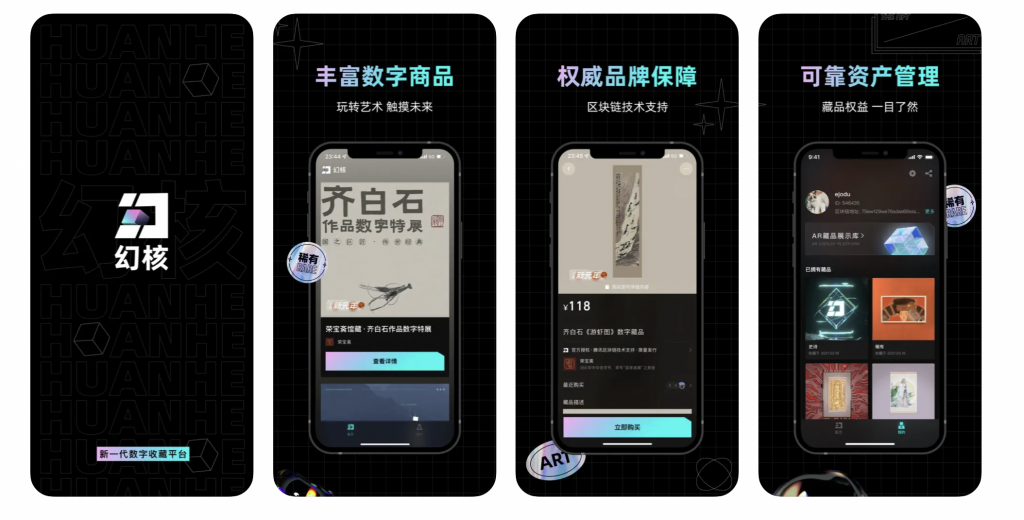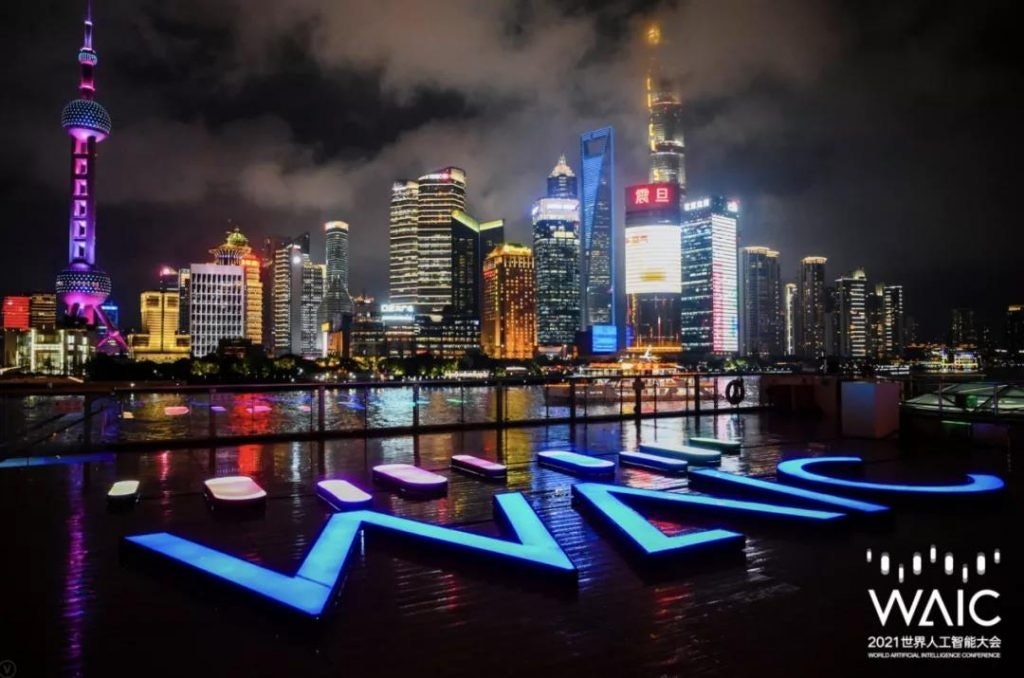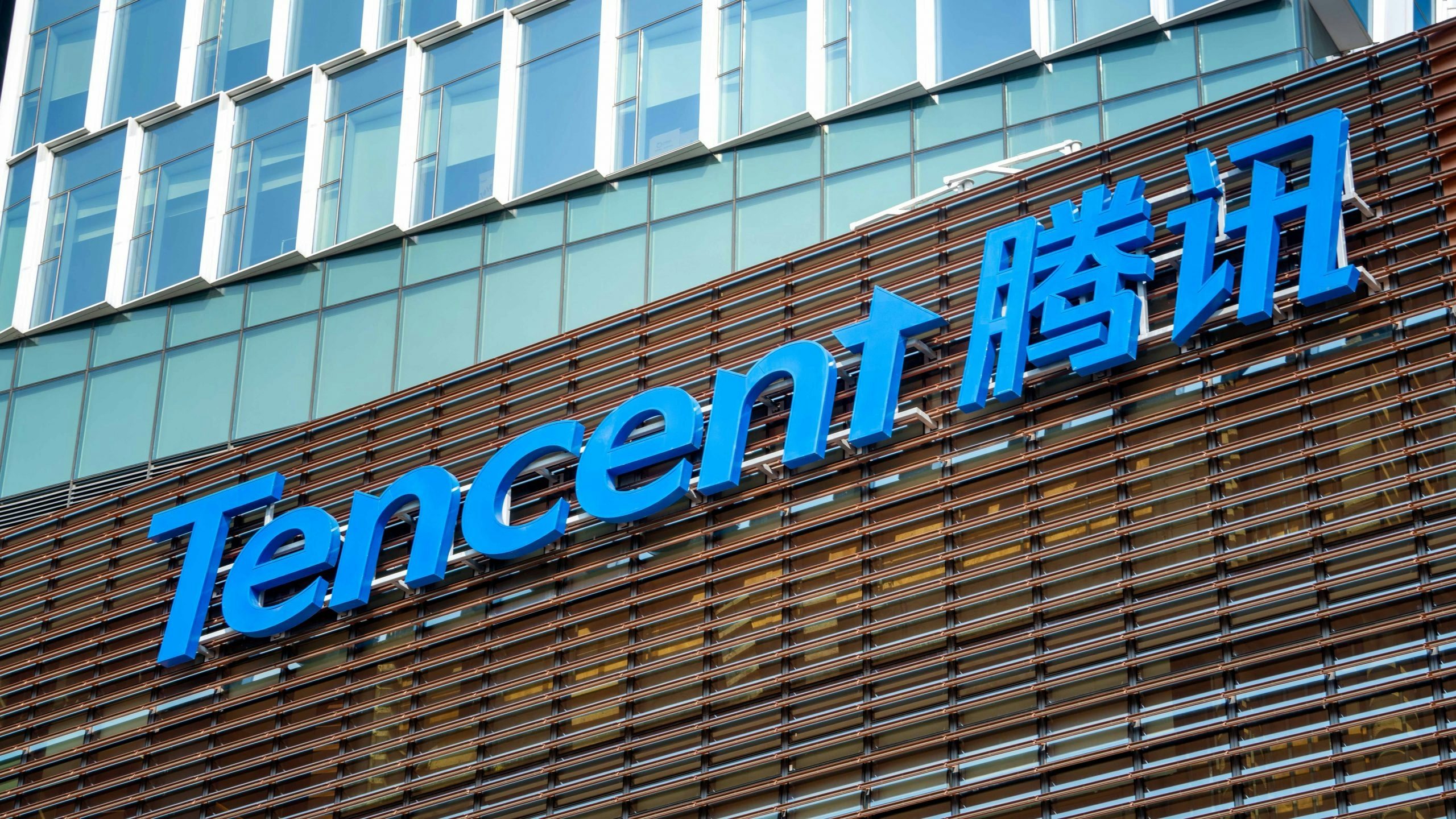The past few months have been interesting for observers of China’s metaverse and digital collectibles sectors. One the one hand, major Chinese digital collectibles platforms seem to have heeded China’s increasingly strict regulations targeting the secondary transactions of digital collectibles and issued a self-disciplinary proposal. Tech giant Tencent even reportedly shut down its two collectibles platforms.
At the same time, major Chinese metropolises, namely Shanghai and Guangzhou, have unveiled ambitious digital economy development plans that explicitly identify the metaverse and digital collectibles as two sectors with immense growth potential.
At first glance, the development seems puzzling: why are private tech companies that had already made headways into the metaverse taking a low profile while the government is actively pushing for metaverse development? A deeper analysis reveals that this is in line with China’s overall metaverse development approach.
Here, Jing Daily looks at the recent actions of Chinese platforms, the objectives of Shanghai and Guangzhou, and how their different metaverse development trajectories will impact brands seeking to connect with the digitally-savvy young Chinese consumers.
The self-discipline of private digital collectible platforms#
The Chinese government prohibits NFTs to be issued and traded in China out of concern that they will be used as de facto cryptocurrencies. Chinese NFT platforms changed their names to digital collectibles platforms in late 2021 to avoid regulatory risks. In addition, registered users on the platforms must be over the age of 18 and pass an identity verification process. They also must not resell their purchased collectibles for profits.
Despite the tight scrutiny, digital collectibles platforms have proliferated locally. In February 2022, there were around 100 such platforms in China, but as of early July, there were around 700, according to a study from China's National Press and Publication Administration. The country's digital collectibles platforms issued around 4.6 million collectibles with a market value of around 22.4 million (150 million RMB) in 2021. Some have estimated that the market size could grow at a rate of 150 percent and reach 4.6 billion (29.5 billion RMB) by 2026.
In April 2022, the National Internet Finance Association of China, the China Banking Association, and the Securities Association of China issued a joint call for guarding against NFT’s financial risks. In early July, about 30 digital collectibles-related organizations, (including Tencent, Alibaba, Baidu, and JD.com), jointly issued a self-disciplined development proposal for the sector under the guidance of the state-affiliated China Cultural Industry Association.
The proposal states that digital collectibles platforms should have “relevant and appropriate credentials” to operate, referring to certificates for areas such as blockchain operations and online publications that are difficult to acquire; platforms should ban financial speculations, refrain from providing trading services; and only adopt the RMB as the transaction currency. Although the proposal is not binding, it could serve as the structure for future regulations that, if adopted, would mean only platforms powerful and resourceful enough to acquire the licenses can continue to operate.
Yet even leading platforms cannot take their current successes for granted. Less than two weeks after the issuance of the proposal, Tencent shut down the digital collectibles operations of its news app QQ News, citing a "business model adjustment." Users could still view their purchased collectibles but were unable to place new orders. Shortly afterward, Tencent reportedly planned to shut down its main digital collectibles platform Magic Core 幻核, which was launched in August 2021. The tech leader has yet to officially confirm the decision, but the WeChat public account of Magic Core has not released any new content since June 27.

It is difficult to ascertain the exact reasons for the closure of Tencent’s two collectibles platforms. One reason could be the existence of limited but notable resale activities. Patrice Nordey, a Managing Partner at EY Fabernovel, stated that “some people were opening a grey secondary trade market with detailed guides on WeChat that instruct users on how to circle around Magic Core’s resale prohibitions. The fear of being caught helped push Tencent to shut it down.”
China’s collectibles market observers have also noticed a sales slowdown since spring 2022. For instance, Magic Core’s two series launched in June had 8,000 to over 20,000 collectibles left unsold after the sales were over. More importantly, the closures revealed a discomforting fact about China’s digital collectibles: unlike overseas consumers, Chinese consumers do not own the collectibles that they purchased. Each collectible has numerous identical copies, and it also exists on tech giants’ consortium chains that they can revise or even erase at will.
Ambitious metaverse initiatives of Chinese mega-cities#
In contrast to the low profile of private Chinese tech giants, both Shanghai and Guangzhou are bullish on the metaverse and digital collectibles. In early July, Shanghai released its metaverse development initiative from 2022 to 2025, which aims to achieve 52.19 billion (350 billion RMB) for metaverse-related industries in 2025 and incubate ten "internationally competitive" enterprises in the dominant position. It will focus on developing metaverse-related technologies and infrastructure to promote the application of metaverse in commerce, education, cultural tourism, and entertainment.
Shanghai will also launch a plethora of metaverse projects, such as digital IPs and virtual idols. On July 15, Shanghai released its digital economy development plan during the 14th Five Year Plan era and explicitly mentioned “supporting leading companies to explore establishing an NFT trading market.” Shanghai’s high-tech industry park has since founded a metaverse innovation association, and the city will host the 2022 World Artificial Intelligence Conference this September, in which the metaverse will play a central role.

Meanwhile, Guangzhou announced in late July that its Nansha district has established a metaverse industry zone and enacted nine measures to boost local metaverse development in terms of human capital, Ramp;D, and technology advancement. Notably, they include financial support as high as 29.6 million (200 million RMB) for metaverse platforms with "key technological innovation effects" and rent exemption for as long as three years for small and medium firms. Days later, the Guangzhou Arbitration Commission entered into a cooperation agreement with Zhuhai Yuanbang Technology Company to establish the world's first "metaverse arbitration agency." Guangzhou is also hosting the first "Bay Area Metaverse Digital Art Festival" that features three stages: digital art and design contest, digital art exhibition, and digital art urban carnival.
China’s unique metaverse model and its impact on brands#
The fact that major Chinese cities are leading the metaverse development in China seems somewhat counterintuitive. After all, the metaverse and Web 3 are supposed to be de-centralized and led by initiatives from private individuals and companies. But as in many cases when it comes to China, the Chinese metaverse follows its own developmental logic.
“Chinese cities with big digital industries definitely see the potential of the metaverse 20 to 30 years from now and are building a ‘China Model’ for NFTs and other features of the metaverse,” said Kendra Schaefer, Partner, Tech, at Trivium China, a Beijing-based strategic advisory consultancy. “There is a growing understanding that the technologies behind NFTs will be driving the digital economy in the future.”
At the same time, China seeks to eliminate loopholes in the metaverse that can potentially challenge its tight controls in many areas, such as in foreign exchange. “Regulators don’t want transactions to be based on cryptocurrencies, so they are supporting companies that trade NFTs based on the RMB and conform to China’s rapidly changing technological ecosystem that is also increasingly diverging from the rest of the world,” stated Kendra.
Patrice Nordey identified a shift in China’s regulatory approach compared to before the tech sector crackdown: “China’s internet regulation has been very business-friendly, letting players experiment and grow their businesses first and apply the regulation framework later. Now, the government is much more proactive, making strict rules before the metaverse and NFT markets even develop. The stronger enforcement also motivated players to self-regulate.”
For international brands, this model again emphasizes the necessity of having a China-specific metaverse approach. As Jing Daily had previously suggested, when engaging young Chinese consumers through the metaverse or digital collectibles, brands should prioritize hype-building over revenue and include a physical component to avoid being seen as offering investment products.
“Chinese tech platforms are superb in enabling new applications for the metaverse, and the role of brands is to create fun and innovative applications to expand their brand universes accordingly. Otherwise, China’s local players will take market shares away by using these applications,” commented Gregory Cole, Managing Partner at éCLAIR Asia, a boutique lifestyle communications consultancy. “Government initiatives can be quite beneficial for international brands as well. Brands can demonstrate their commitment to the China market by participating in related exhibitions and expos.”
It is challenging for international players to navigate the duality of China's metaverse, but in order to succeed in China in the long run, they must start developing their capabilities to identify and embrace opportunities in both its public and private aspects.


